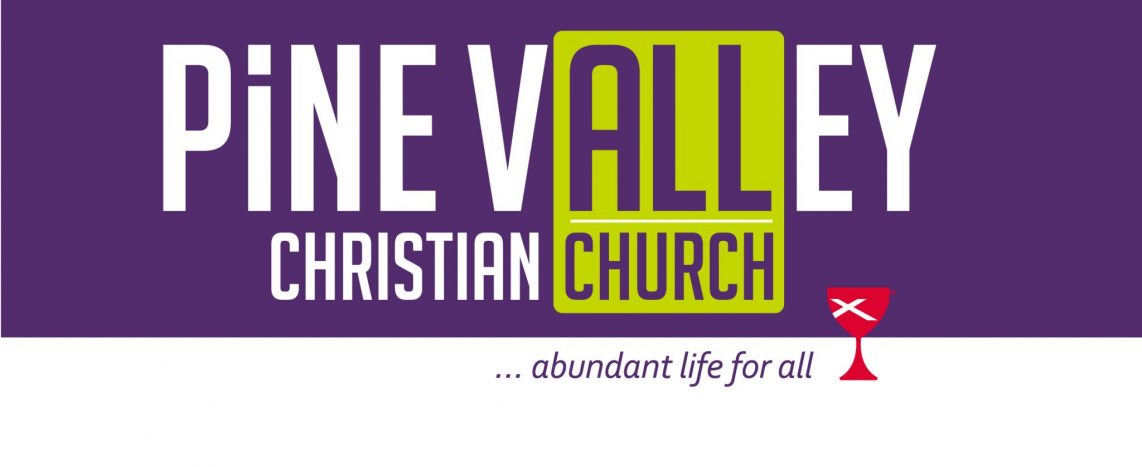Mark 4:35-41
One of my favorite books is a small volume titled Strength to Love. It is a collection on sermons that Marting Luther King, Jr. preached at the Dexter Avenue Baptist Church in Montgomery, Alabama. The book was published in 1963. In the Preface, King wrote: “In these days of uncertainty the evils of war and of economic uncertainty and racial injustice threaten the very survival of the human race. Indeed, we live in a day of grave crisis.” In one of the sermon published in this little book, King told the folk of Dexter Avenue Baptist Church: “The God we worship is not a weak and incompetent God. [God] is able to beat back gigantic waves of oppression and to bring low prodigious mountains of evil. The ringing message of the Christian faith is that God is able.”
We might say that not much has changed since 1963. Oday wars threaten not just our survival but the survival of our planet. Russia and China have all announced that they are upgrading their nuclear arsenal, and it is expected that the United States will follow suite. The International Criminal Court has accused the political leadership of Israel and Hamas and Russia of committing crimes against humanity. The civil war in the Sudan is now more than a year. To add to these political failures, the National Weather service assures us that we are in for a long, hot and stormy summer. Alberto, the first tropical storm of the season has dumped mor than 20 inches of rain in some parts of Mexico, and a foot of rain in parts of Texas. Whether we want to imagine the storm as a metaphor for political disasters or environmental catastrophes, we live
So, when we read that a great storm arose soon after Jesus and his followers got into a boat to cross the Sea of Galilee and the waves beat into the boat and crashed over the side of the boat and the boat was being swamped, we can relate to this existential threat. The wars and floods seem far away at the moment, but we are all in the same boat, or as Buckminster Fuller taught us, we are all members of the same crew on the spaceship Earth. And our little craft, whether you think of it in planetary terms or more locally about challenges facing our community the storm clouds are there. It’s time to wake up Jesus, the Stormstiller, the One who quiets the wind and the waves with a single word, before we destroy ourselves or this planet.
This is one way to interpret the story. Like Beckett’s character’s Vladimir and Estragon, who meet beneath a leafless tree while waiting for Godot to arrive, we are waiting for Jesus to wake up. Faith in this context is like waiting for Godot.
There is another way to think about this story that is more helpful. Jesus invites his disciples to get into the boat. The text says that they were “leaving the crowd behind” but it also says “Other boats were with him.” I have never read a commentary that makes much of this, but maybe we can think of these two groups as early adopters and late adapters. Jeus is the innovator who gets people into the boat. The early adopters are the risk-taking innovators. They are the ones who are willing to try new things, take on new challenges, go to the other side of the lake.
The crowd that stayed behind are the Early Majority. There’s nothing wrong with them. They aren’t opposed to what Jesus is proposing. These people like new ideas. But they want to know more. They want to know how this is going to actually work.
People who teach in this field talk about early adopters and early majority and laggards—those are the folk who shook their head, said Jesus is crazy, and went away. In this congregation, I think we have early adopters and early majority and no laggards. Being able to think in this way is going to be helpful over the summer months as we think about the future of Pine Valley. It will help how we listen to each other. In response to the things that Travis shared with us when he visited, early adopters are likely to say “we need to do something,” and the early majority might say, “let’s listen more, I have more than a few questions.” The way to navigate these conversations is to clarify assumptions and values and get a clear a fix on what we think awaits us on the other side of the lake. Nd we should surround the whole journey with prayer.
Faith in the story from Mark is neither about waiting for Godot, nor staying in a safe place. There are risks. There may be some storms but we would like to minimize them and I think we can. It’s reasonable to have some apprehension. “Don’t you care?” That’s what the people in the boat with Jesus asked. Give each other the benefit of the doubt. It’s ok to ask Jesus if he cares, but let’s assume that we all care and we are speaking out of places of care and love for each other and for PVCC.
It’s because people cared for each other, including Jesus, boundaries ere crossed and the choppy seas became a bridge to the other side instead of a barrier. Now, when they arrived on the other side, Mark reports, a man with an evil spirit came from the tombs to meet him. We’ll have to take that story up next week.
